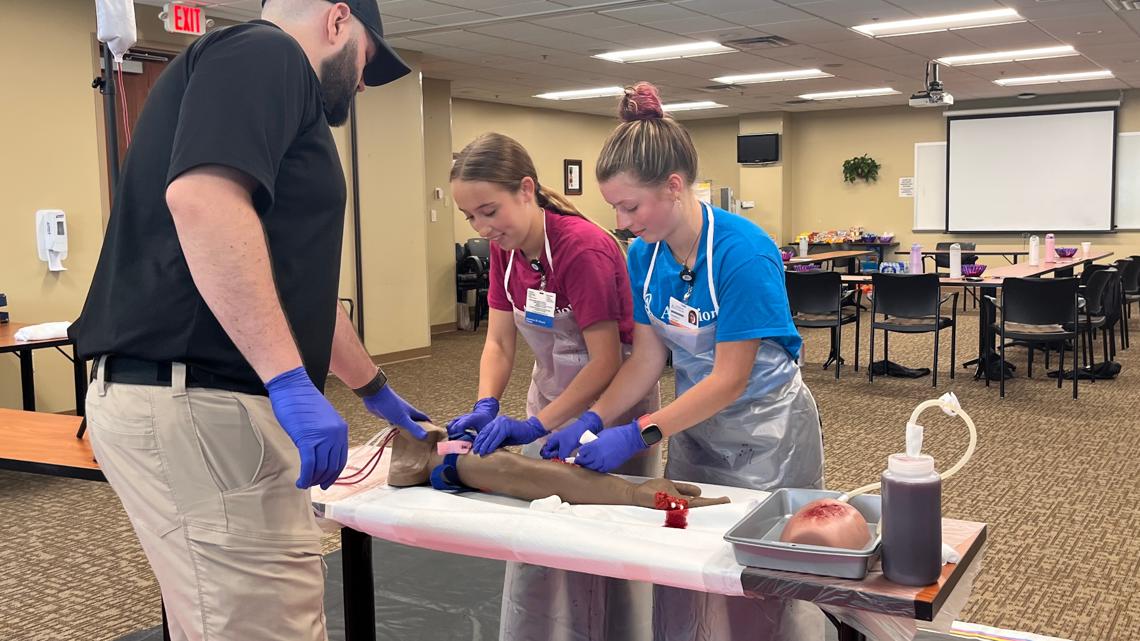
Healthcare professionals are increasingly turning to medical document processing technologies in an effort to alleviate the heavy administrative burdens that have long plagued the field. These solutions leverage automation, artificial intelligence (AI), and machine learning to streamline tasks such as documentation, data entry, and patient record management.
The healthcare sector is often criticized for its paperwork-intensive workflows, which contribute to provider burnout, delays in patient care, and increased operational costs. Medical document processing aims to address these challenges by digitally transforming how medical records are created, updated, and maintained.
Automated document processing systems can extract relevant data from handwritten or typed notes, transcribe doctor-patient interactions, and categorize information within electronic health records (EHRs). These technologies not only reduce the time clinicians spend on paperwork but also enhance accuracy and compliance with healthcare regulations.
Experts note that the rise of natural language processing (NLP) has unlocked new possibilities in interpreting complex medical jargon, enabling more responsive and intelligent document management systems. By integrating these tools with existing hospital information systems, institutions can achieve a more cohesive and efficient data flow.
As the demand for healthcare services continues to grow, such innovations are expected to play a critical role in enhancing productivity and ensuring higher standards of patient care. With more institutions looking to digital transformation for sustainable solutions, medical document processing appears to be a key component of the healthcare industry’s future.
Source: https:// – Courtesy of the original publisher.








